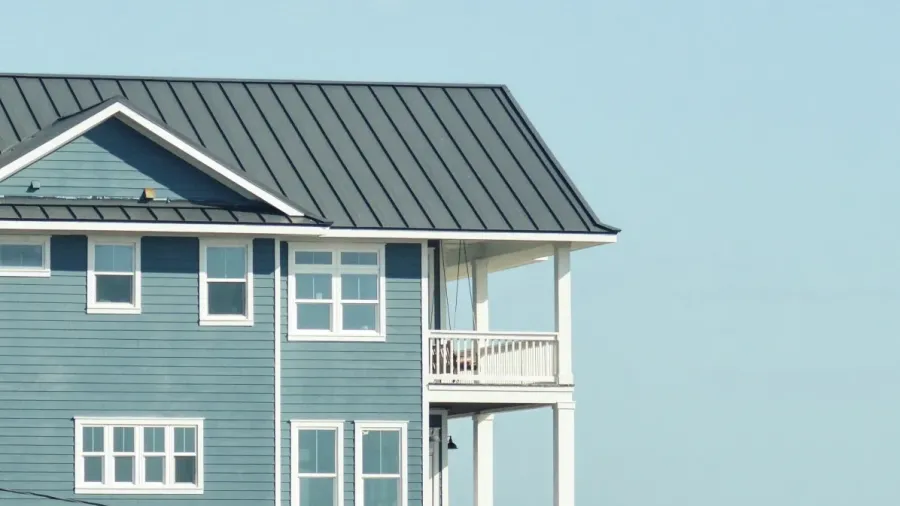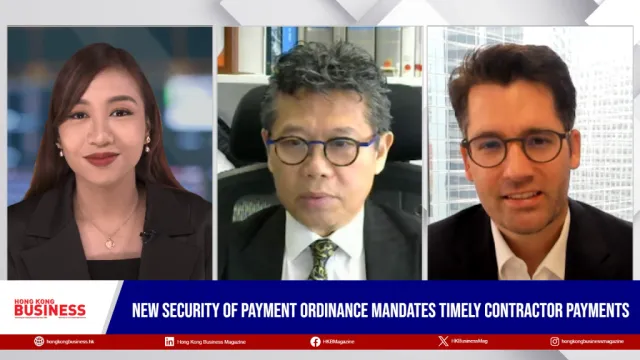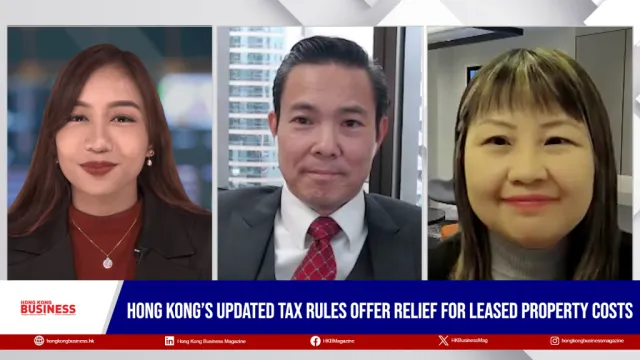
Hong Kong’s property price-to-income ratio drops: JLL
However, the number of units on disposed sites ready for construction dropped by 33% year-on-year.
The residential property market's price-to-income ratio fell from 17.8 years in 2021 to 12.3 years by the end of 2024, returning to levels last seen in 2012, according to JLL's latest report.
Despite this improvement, the market continues to grapple with a structural oversupply of housing units following a three-year downturn. The number of units on disposed sites ready for construction dropped by 33% year-on-year, leaving only 12,000 units in 2024.
Additionally, the government’s land premium income fell drastically to $4b in the first three quarters of FY2024/25, compared to $13.9b last year, and well below the $33b target for the current year.
To address these challenges, Norry Lee, Senior Director at JLL, recommends enhancing the Capital Investment Entrant Scheme (CIES).
He suggests fully recognising residential property investments, allowing 100% of such investments to count towards the $30m eligibility threshold. Additionally, he advocates for removing the $50m minimum valuation requirement for residential properties under the scheme, which would make it more attractive to investors.
Cathie Chung, Senior Director of Research at JLL, addressed concerns regarding speculation risks associated with relaxing CIES. She emphasised that the presence of 26,600 unsold units would inherently dampen any potential price spikes.
Furthermore, the planned 900,000 units for the Northern Metropolis highlight the necessity of bold demand-side measures to avoid underutilisation.



















 Advertise
Advertise








